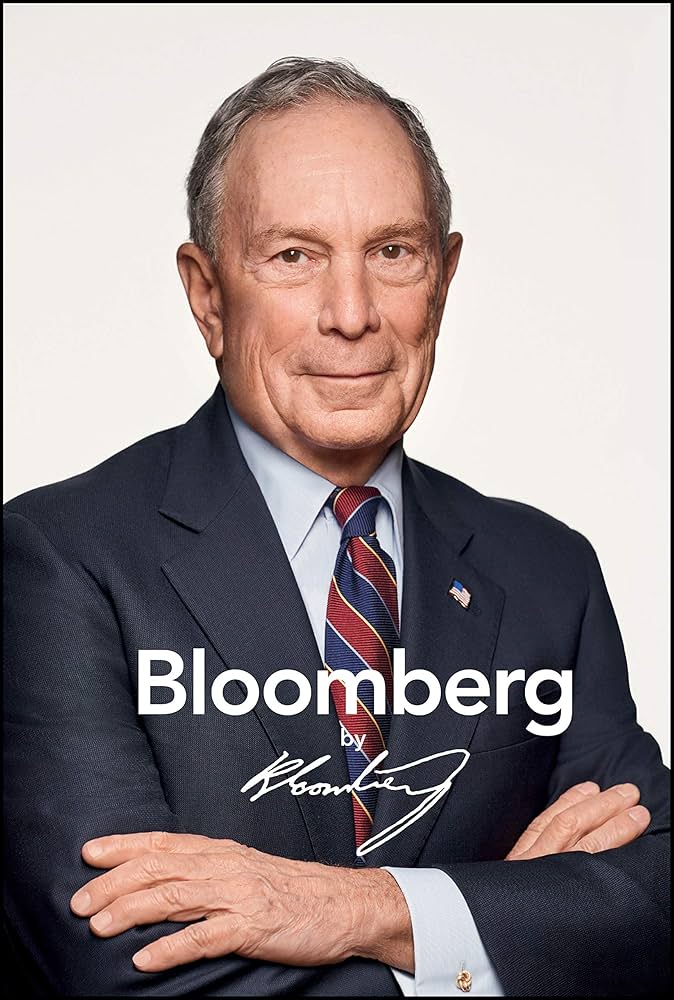The other day, I showed my 20-year old host brother the inner workings of a cootie-catcher. Since arriving in Cameroon, I’ve rediscovered many of my childhood memories here; old games having somehow traveled inter-continental lines. I was almost surprised that my brother had never seen a cootie-catcher before. In the process of unfolding his future, I asked him a series of silly questions and spelled out his answers: favorite color? G-R-E-E-N. Favorite number? T-H-R-E-E. Favorite place? U-S-A.
I frowned at his answer to my final question. How could you love a place you’ve never been? I knew that every dream he’s ever fabricated stems from the media, the grand and stylish houses on Disney Channel and the glamorous parties on “MTV” and “E.” Why isn’t Cameroon your favorite place, I asked? Why not this here balcony, this here view over the capital city, that street there where you take a taxi to school every morning?
“It is my country! I want to go. I would do anything to go.”
My frustration deepened. Your country? As an “American,” I don’t even say that the United States is “my country.” If only my host brother could love Cameroon, his place of birth and the only world he’s ever known, half as much as he loves the United States. If only his pride for Cameroon, one of the safest and most stable countries in Africa, full of natural resources and rich in potential, history and personality, matched his adoration for “America.”
My brother is a smart kid. Having aced his classes at school, he is currently studying for an exam that will allow him to transfer to a different university. When he graduates with a degree in mathematics, he’s off to France to continue his studies in engineering. A few years in France and then it’s a career in the States, perhaps for the rest of his life.
This is not a unique story. The Cameroon version of the “brain drain” threatens to paralyze the country’s social and economic growth. Talented, passionate youth do not stay here, where they feel they will rot, where professors and parents tell them their potential will not be realized. Some return after a few years, with new ideas and the desire to make change; most, unfortunately, do not. And how could I blame them for dreaming? How could I blame them for wanting more, envisioning more, striving for a fulfillment they believe exists in another land, far, far away from their own?
I do not know what the fix for the “brain drain” is. I can only vaguely speak of the need for incentive, a provision of avenues through which Cameroon and its youth may mutually benefit from one another. Even the national “Youth Day” celebrations in Yaoundé were not really about the youth, but the government; students marched down the streets in organized lines, mere props in the praising of President Paul Biya. I do know, however, that in order for anything to grow it must receive love. The future of Cameroon lies in the people who proudly boast that they were born here and intend to die here, especially those of the younger generation. That kind of love, if well-invested, may lead to something beautiful.




